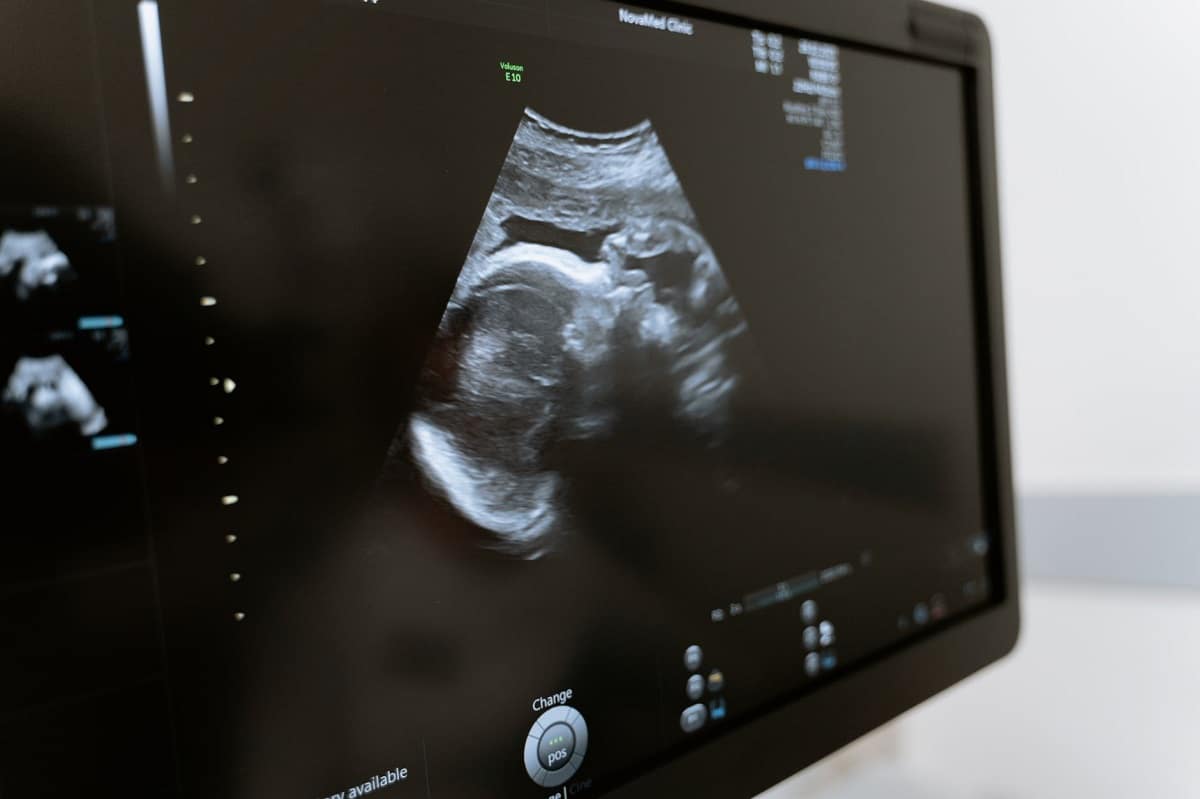
Many women have brown discharge spots in pregnancy, which can cause fear and great concern, especially in gilts. In most cases, it is something totally normal, although it never hurts to consult with the midwife or the doctor who follows the pregnancy. In this way, you can be totally calm and sure that it is nothing that you should worry about.
Generally, the brown discharge appears spontaneously, in small amounts and lasts for about 3 days. If it is not accompanied by other symptoms, it is considered totally normal and no medical treatment is necessary. Nevertheless, if other symptoms appear it is necessary to go to medical services as soon as possible, as it may be a sign that something is not working normally.
Brown discharge in pregnancy, possible causes

These small brown flux losses are, in most cases, harmless and within normal limits. In the cases in which it is necessary to worry are those in which the flow is accompanied by other symptoms. What pain in the pelvic area, feeling of weight and vaginal pain, burning with urination or chills. All of them can be a sign of some disorder, infection, ectopic pregnancy and even risk of miscarriage.
Therefore, you must pay close attention to the various symptoms and changes that occur during pregnancy. And, if in addition to having these brown discharge losses you feel any of the symptoms described, you should go to the doctor for an exam full. This way it can be verified that both the mother and the baby are in perfect condition. These are some of the possible causes of brown discharge in pregnancy.
Routine alterations that occur during pregnancy
At the beginning of pregnancy, numerous physical and hormonal changes take place in a woman's body. One of those changes is related to the pH of the genital area. This is what causes a loss of brown discharge with a watery or jelly-like consistency in early pregnancy. It can also occur after exercising, climbing stairs, or doing various strenuous activities, such as cleaning.
Infections
Infections in the genital area can be the cause of brown discharge. These infections can be from sexual, urine, or cervical transmission. In these cases, in addition to the brown discharge, other symptoms may appear such as a bad smell, itching in the genitals or pain in the pelvic area. An infection can be very dangerous for the fetus in these conditions, so it is vital to see a doctor as soon as the first symptoms appear.
Ectopic pregnancy
This means that the implantation of the embryo and therefore the pregnancy, take place outside the uterus. This is what is known as ectopic pregnancy. Pregnancy can occur in the fallopian tubes, ovary, or abdominal cavity. Besides being dangerous to the mother's health, ectopic pregnancy is completely unviable and therefore, it must be interrupted to ensure the safety of the pregnant woman.
A miscarriage

Spontaneous abortion is very common in both first-time pregnant women and in women who have already had children. Which means that it is a totally unpredictable situation. If blood loss occurs during pregnancy, it may be a sign that a miscarriage is occurring. This also usually happens when the pregnancy is quite advanced, around the 20th week of gestation.
In addition to the brown discharge, other symptoms appear such as fever, chills, severe abdominal pain, fluid loss from the vagina (amniotic fluid), blood clots, and lack of fetal movement. This is one of the causes of brown discharge in pregnancy, although it is not the only one, so you should not be alarmed if you notice brown spots at the beginning of your pregnancy. Observe your body, be careful and at the slightest symptom, go to the medical services to ensure that everything is correct.